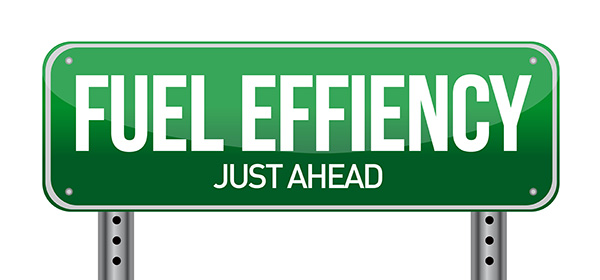
Fuel efficiency isn’t just about saving money at the gas pump—it’s also about being kinder to the environment and getting the most out of your vehicle. Whether you’re a daily commuter or someone who enjoys long road trips, better gas mileage benefits everyone. So, what can you do to ensure your car sips fuel instead of guzzling it? The good news is that there are plenty of simple steps to improve your car’s fuel efficiency without making drastic changes.
The Impact of Driving Habits
Your driving style plays a significant role in how efficiently your car uses fuel. Aggressive driving, like rapid acceleration and hard braking, burns fuel at a much higher rate than steady cruising. If you’re prone to speeding, that can also take a toll on your gas mileage. The best approach? Drive calmly and maintain a consistent speed. Using cruise control on highways can help, too, as it minimizes unnecessary speed fluctuations that waste fuel.
Another factor to consider is idling. Leaving your car running while parked may seem harmless, but it’s a major fuel waster. Turning off the engine when you’re waiting can make a noticeable difference over time.
Maintain Proper Tire Pressure
Tires that aren’t inflated to their recommended pressure create more rolling resistance, forcing your car to work harder and use more fuel. It’s a simple fix—regularly check your tire pressure with a gauge and inflate them as needed. The recommended levels can usually be found in your owner’s manual or on a sticker inside the driver’s side door.
Don’t forget, though, that overinflating tires isn’t the solution either. Stick to the recommended pressure for optimal performance and efficiency.
Keep Your Car in Top Shape
A well-maintained car is a fuel-efficient car. Something as basic as regular oil changes can make a big difference. Old, dirty oil doesn’t lubricate the engine as effectively, causing it to work harder and use more fuel. Similarly, replacing your air filter when it gets clogged ensures that your engine is breathing clean air, which helps with combustion efficiency.
Fuel injectors also play a key role. If they’re clogged, the engine can’t get the correct fuel-to-air mixture, which leads to wasted gas. Routine maintenance, including injector cleaning, ensures everything is running as it should.
Lighten the Load
Carrying extra weight might not seem like a big deal, but it can hurt your fuel economy. The heavier your car, the more fuel it needs to move. Take a look in your trunk or back seat—are you hauling around things you don’t need? Even roof racks and cargo carriers can reduce fuel efficiency by increasing aerodynamic drag. Removing them when not in use can help your car cut through the air more efficiently.
Choose the Right Fuel
Not all cars require premium fuel, despite what some might think. If your owner’s manual recommends regular unleaded, there’s no benefit to spending extra on higher-octane gas. Using the fuel type specified by the manufacturer is key to achieving optimal performance and mileage.
Avoid Short Trips When Possible
Did you know your car is least efficient during the first few minutes of operation? Cold engines and stop-and-go conditions consume more fuel compared to longer trips. If possible, plan your errands to combine multiple stops into one outing. This way, your engine stays warm, and you use less gas overall.
Upgrade When It’s Time
Sometimes, no amount of maintenance can make up for outdated technology. Older vehicles don’t have the same fuel-saving features found in modern cars, such as engine stop-start systems or hybrid powertrains. If your current car is nearing the end of its life, consider upgrading to a newer, more fuel-efficient model.
Track Your Progress
Keeping an eye on your mileage helps you notice any sudden drops in fuel efficiency, which could signal a problem. Many modern cars come with trip computers that calculate your miles per gallon in real time. If your car doesn’t have this feature, a simple notebook or a fuel-tracking app can help you stay on top of things.
Take the first step toward better gas mileage. Contact Auto Clinic Care in Rockville, MD, to schedule your next maintenance checkup.